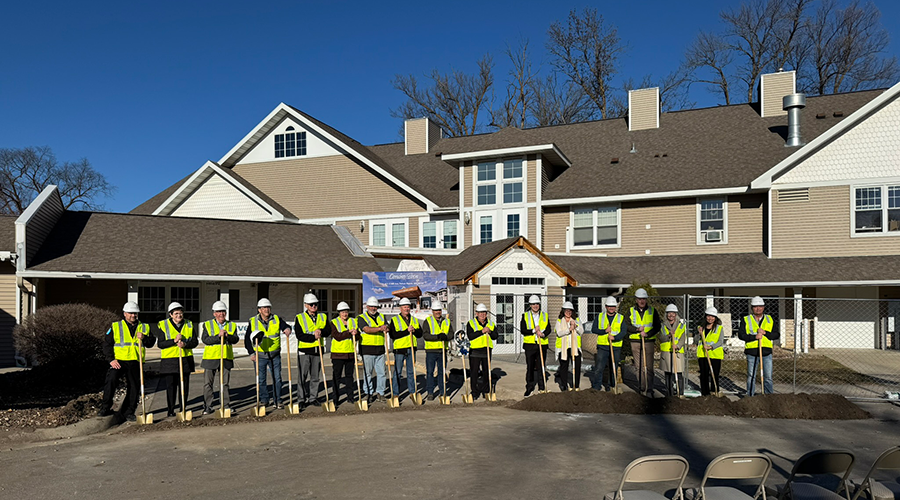There is an inherent value to getting certified. Certifications are a way to show competency and experience in a given field. It signals to potential employers that a candidate specializes in a certain area of their respective field. For the employee, a certification often yields a higher salary as evidenced in the “Facilities Management Salaries and Compensation Report” published by fnPrime.
The healthcare industry offers facility professionals many different areas to specialize in.
Potential avenues for certification are courses (both in-person and online) from an accredited university, trade schools, professional organizations/societies and many more. For example, the American Society for Healthcare Engineering (ASHE) and the American Hospital Association (AHA) offer certification exams for healthcare engineering, healthcare facility management, healthcare physical environment worker and mechanic evaluation.
In addition, the Association for the Healthcare Environment (AHE) has an online program via the Ohio State University for a healthcare environmental and hospitality services certificate. This program is made up of 12 credit hours, which is three courses and an internship.
However, there are costs and prerequisites for these certifications. For example, AHA’s Certified Healthcare Constructor exam has these stipulations. According to AHA’s website, at least one of these must be met:
“Baccalaureate degree or higher from an accredited college or university plus five years of associated construction experience, five years of which must have been working on healthcare construction projects, three years of management/supervisory/administrative experience, and work experience on healthcare construction projects within the last three years.”
“Associate degree from an accredited college or university plus seven years of associated construction experience, five years of which must have been working on healthcare construction projects, three years of management/supervisory/administrative experience, and work experience on healthcare construction projects within the last three years.”
“High school diploma or equivalent plus ten years of associated construction experience, five years of which must have been working on healthcare construction projects, three years of management/supervisory/administrative experience, and work experience on healthcare construction projects within the last three years.”
As for costs, this exam costs $400 for members and $570 for non-members.
In comparison, there is the course from AHE and Ohio State University. The cost is going to vary from person to person and from state to state. However, the prerequisites are simple: be an undergraduate student studying hospitality management or be an existing healthcare professional.
Either way, there are going to be requirements and costs to weigh in. The right certification for a professional is going to vary upon the individual. Given this, here are a few resources for certifications in the healthcare facilities field:
https://www.ahe.org/education/the_ohio_state
https://www.ashe.org/certifications
https://ecornell.cornell.edu/certificates/healthcare/healthcare-facilities-planning-and-design/
https://www.aha.org/type/certifications
Jeff Wardon Jr. is the assistant editor for the facilities market.

 Healthcare Is the New Retail
Healthcare Is the New Retail Bridgeway Behavioral Health Services Launches Campaign to Renovate Health Center
Bridgeway Behavioral Health Services Launches Campaign to Renovate Health Center Ground Broken for New North Dakota State Hospital
Ground Broken for New North Dakota State Hospital AI Usage for Healthcare Facilities
AI Usage for Healthcare Facilities Ground Broken on Pelican Valley Senior Living Modernization Project
Ground Broken on Pelican Valley Senior Living Modernization Project